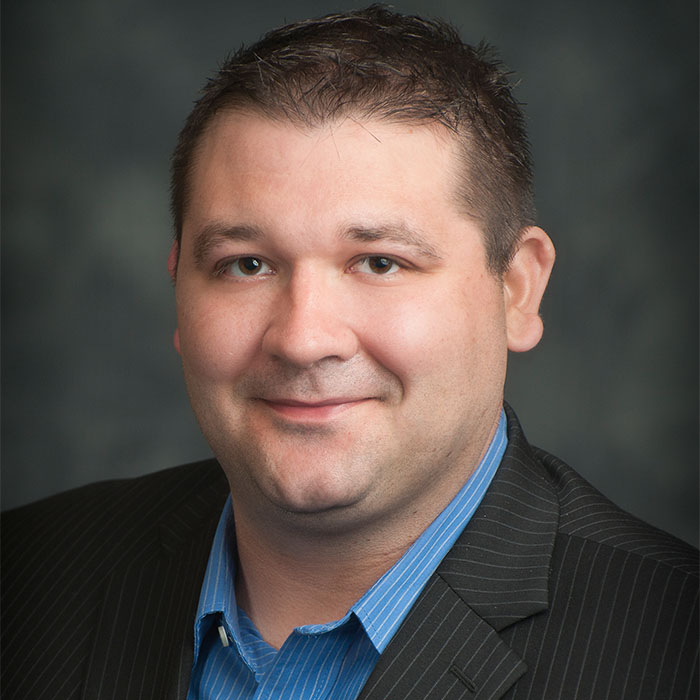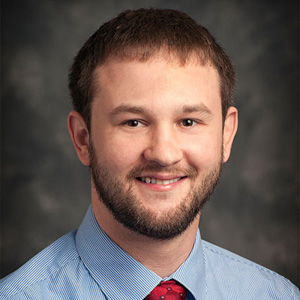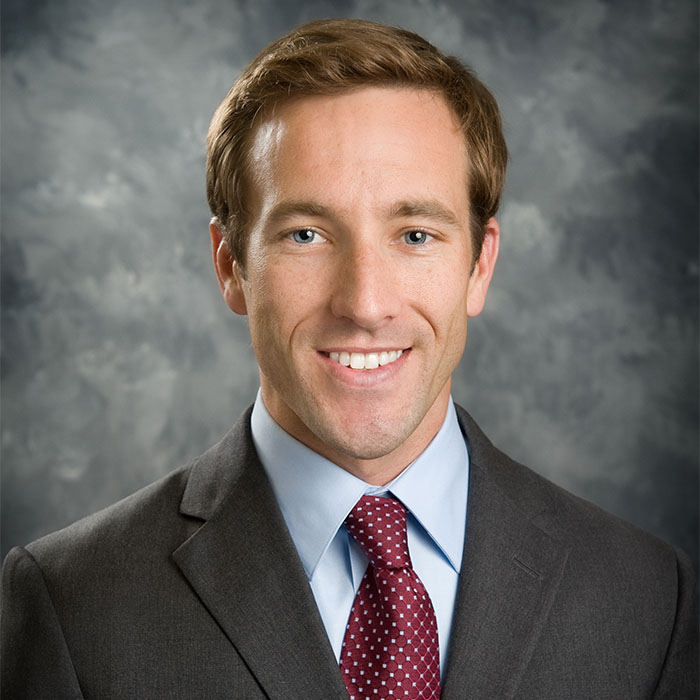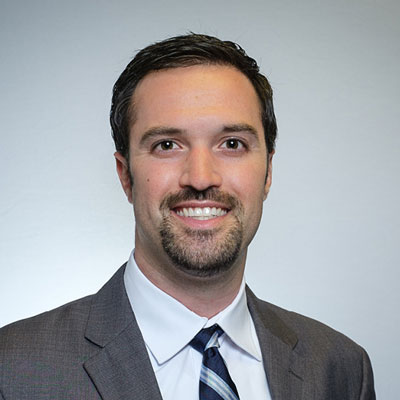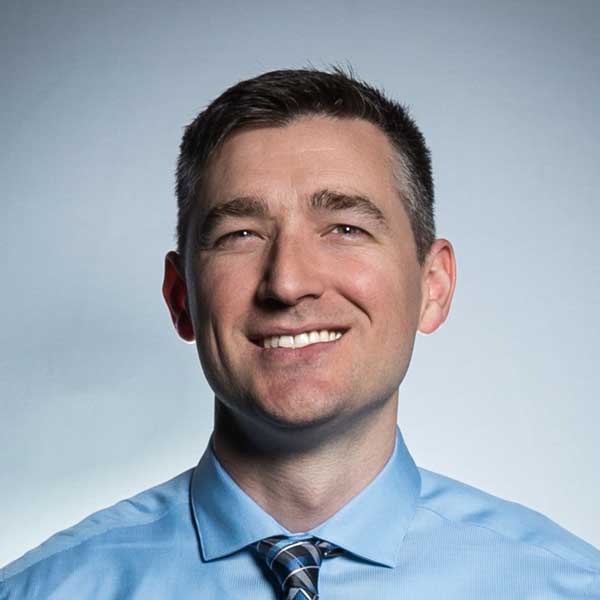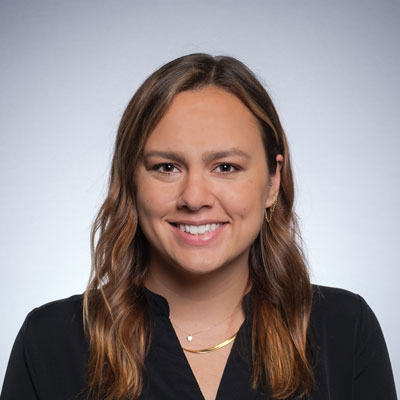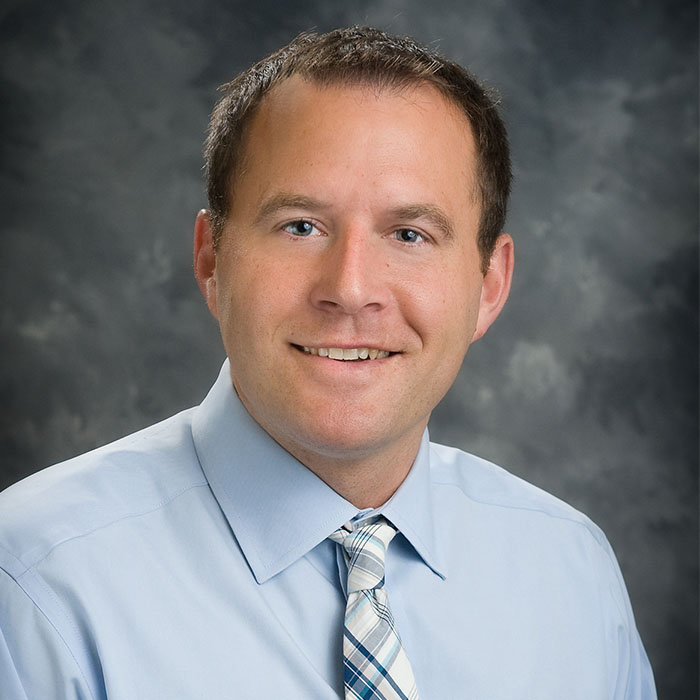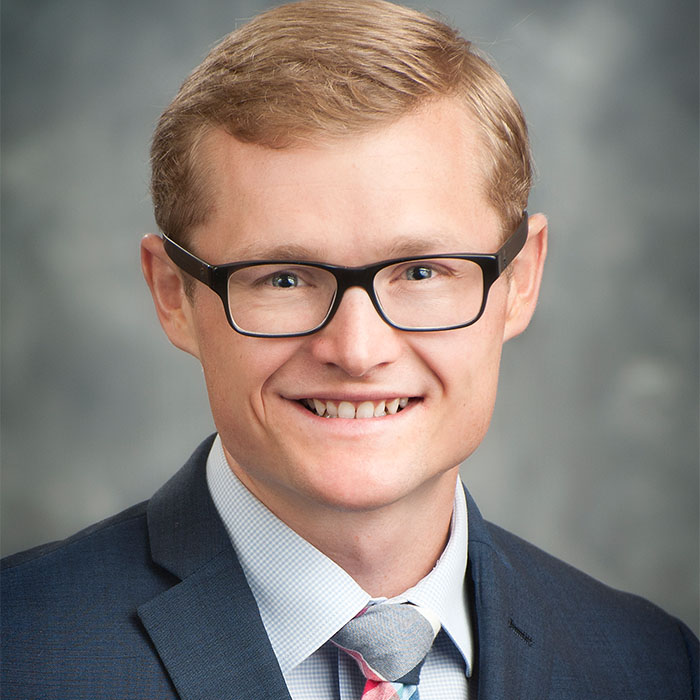Conditions We Treat
- Gunshot wounds
- Traumatic brain injuries
- Serious falls
- Stab wounds
- Injuries from serious vehicle crashes
- Fractures
- Facial trauma
- Traumatic brain injuries
- Severe cuts or amputations
- Spinal cord injuries
- Spinal fractures
- Skull fractures
- Cuts and puncture wounds
What Does Level II Mean?
Trauma categories vary from state to state. The different levels (ie. Level I, II, III, IV or V) refer to the kinds of resources available at a trauma center, as well as the number of patients treated annually. As a Level II trauma center, Stormont Vail must provide:
Immediate Care
24-hour immediate coverage by general surgeons, as well as coverage by specialists in: orthopedic surgery, including specialists for pelvic, hand, foot and ankle injuries and limb salvage; neurosurgery; anesthesiology; emergency medicine; interventional radiology; cardiothoracic surgery; ophthalmology; ear, nose and throat surgery; plastic surgery; urology; and critical care.
Education & Prevention
We offer resources and workshops designed for different ages to educate the community about trauma prevention — especially for common causes of injuries, such as fall and motor vehicle crashes.
Multiple Specialists
Level II trauma centers must have a spectrum of medical specialists including cardiology, internal medicine, gastroenterology, infectious disease, pulmonary medicine, and nephrology.
How is the Trauma Center and Emergency Department Different?
Our Emergency Department offers care for conditions such as heart attacks, strokes, stomach pain, sprains, and strains. Our Trauma Center team cares for patients with injuries that are immediately life-threatening or very serious.
However, the Trauma team and Emergency Department team work closely to care for severely injured patients, which doesn't stop at initial treatment.
If you’re admitted to the hospital, we provide additional care with our inpatient trauma team, which will:
- Monitor your physical condition
- When you are released, we will send follow-up information to your primary care physician to keep them updated on your injury, treatment, and your condition when you left the hospital
- Assess your needs for recovery
- Work with your family to make sure you have the care you need after going home
Meet the Trauma Team
Jordan Jurgens, M.D.
Specialty: Emergency MedicineJames Lasseter, M.D.
Specialty: Emergency MedicineJames Lehman, M.D.
Specialty: Emergency MedicineBrendan Lund, M.D.
Specialty: Emergency MedicineCurtis McGeeney, M.D.
Specialty: Emergency MedicineTiffany McKinley, APRN
Specialty: Emergency MedicineRoss Miller, M.D.
Specialty: Emergency MedicineJohn Miller, M.D.
Specialty: Emergency MedicineAlyssa Milner, M.D.
Specialty: Emergency MedicineAshley Mohr, PA-C
Specialty: Emergency MedicineJames Novak, M.D.
Specialty: Emergency MedicineBrandon Pruitt, M.D.
Specialty: Emergency MedicineErika Robb, M.D.
Specialty: Emergency MedicineKevin Schierling, M.D.
Specialty: Emergency MedicineMichelle Schierling, M.D.
Specialty: Emergency Medicine- « Previous
- 1
- 2
- 3
- Next »
